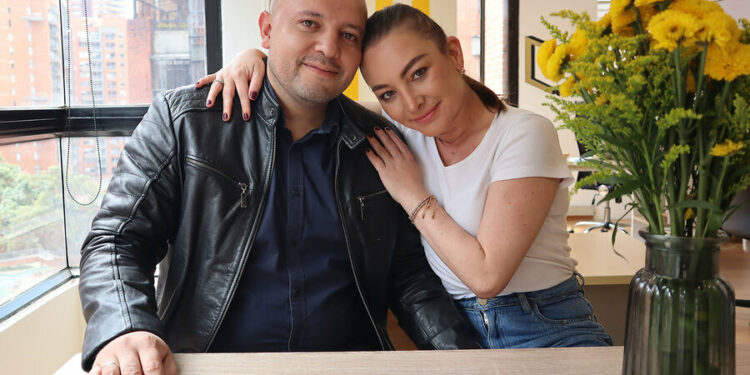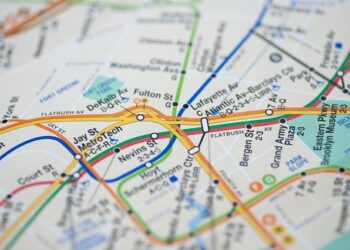Colombia’s then-President Juan Manuel Santos (front left) and the top commander of the Revolutionary Armed Forces of Colombia guerrillas, Rodrigo Londo├▒o, shake hands after signing an agreement ending over 50 years of conflict, in 2016.
Almost a decade after the peace agreement was signed, some 83% of Colombians in conflict-affected areas say they would not want an ex-combatant as a neighbor. About half of all business owners express reluctance to hire victims of the conflict, defined as anyone who suffered collective or individual damage from the armed conflict, and 78% would not employ former combatants.
The vote on the peace deal in the fall of 2016 also led to a decline in trust in government institutions: About 5% of the population says it trusts Congress, and only 32% has a favorable view of the Supreme Court. The vast majority тАУ 90% тАУ say the only institution they trust is their own family.
ThereтАЩs little space for open, public debate, says the civil society worker Mr. Su├бrez.
тАЬThere is no middle ground,тАЭ he says.
тАЬIn a country that has always been at war, it is not easy to understand a relationship that is born out of a peace agreement,тАЭ says Ms. Su├бrez. тАЬOur culture has always taught us that you cannot sit down and have a conversation with someone who thinks differently.тАЭ
Unity as a path ahead
But bridging divides often starts with personal connections, says Mr. Su├бrez from the Ideas for Peace Foundation. He ticks off the ingredients for reconciliation: honesty, kindness, cooperation, good faith, and the ability to find commonalities.
His foundation conducts surveys and focus groups to better understand expectations and relationships among citizens. It also organizes workshops to bring Colombians together around common needs like fixing local infrastructure, forming civil society associations, or organizing educational workshops and festivals.
These types of projects offer a space for Colombians to get to know one another on a personal level, and gain trust in the idea that it is possible to work together despite their differences. But small-scale projects arenтАЩt enough to heal ColombiaтАЩs larger divisions, Mr. Su├бrez says. What Colombia urgently needs are targeted public conversations and well-funded public policies that can foster long-term reconciliation.
Mr. and Ms. Su├бrez have set a powerful example for fellow citizens, he says. тАЬThey show that itтАЩs possibleтАЭ to set political differences aside.
They have dedicated their lives to their love story in many ways, today working together to teach Colombians through a project called Respect Amid Differences that friendly disagreement is not only possible, but also important for family and community relationships.
тАЬI think love can overcome anything,тАЭ Ms. Su├бrez says. тАЬItтАЩs also about learning to build some rules together, some life, and relationship norms.тАЭ
Mr. Su├бrez from the Ideas for Peace Foundation puts it this way: Change and understanding will come when Colombians spend more time with people who think differently from how they do.
Source link : http://www.bing.com/news/apiclick.aspx?ref=FexRss&aid=&tid=67804c4d842c42dd987afc6576b412ac&url=https%3A%2F%2Fwww.csmonitor.com%2FWorld%2FAmericas%2F2025%2F0106%2Ffarc-colombia-petro-uribe-love&c=5766886224776366203&mkt=en-us
Author :
Publish date : 2025-01-06 05:44:00
Copyright for syndicated content belongs to the linked Source.












